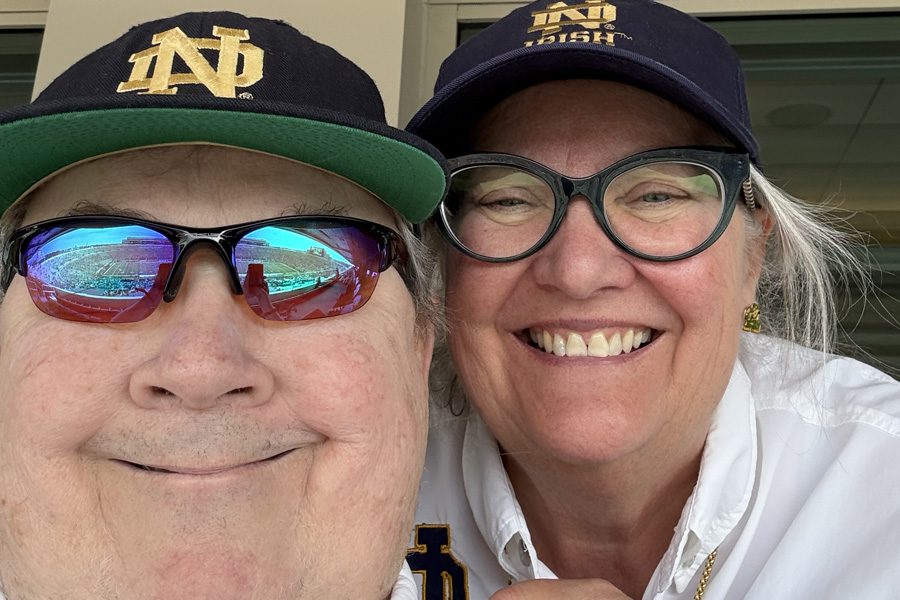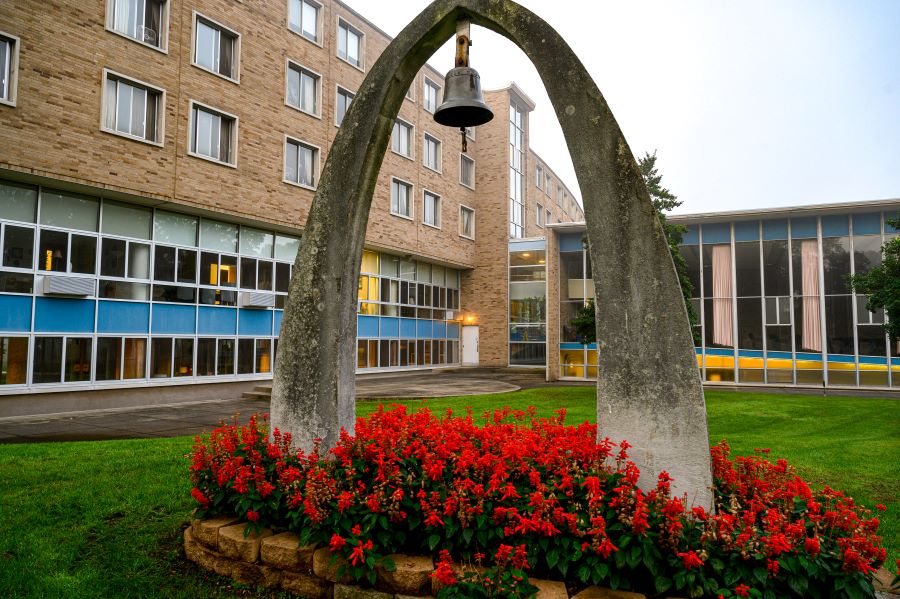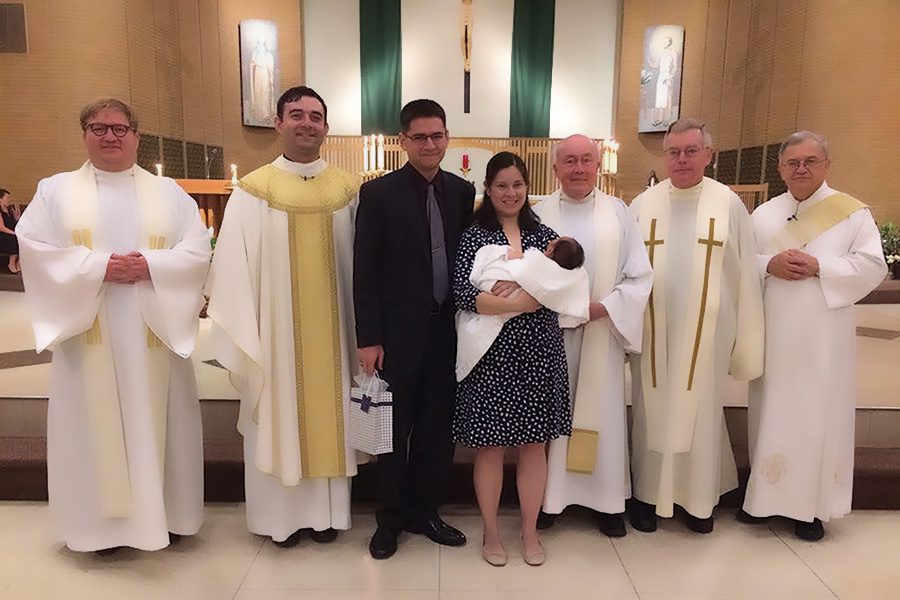Image by Pam Patterson from Pixabay
Many of us have heard this light-hearted saying. We may have even used it to describe one of life’s surprises or disappointments. That’s my situation.
For several months, I had been planning to use the fall break at Notre Dame to help out at an orphanage, the Finca del Niño, near Trujillo, Honduras. Got the plane ticket to travel. Collected school supplies and little toy trucks to give to the orphans. Organized substitutes to cover my Masses in South Bend.
Then, due to circumstances beyond my control, the whole plan fell apart. Now, instead of joyfully serving those kids in warm, Caribbean sunshine, I’m stuck in the cold October drizzle of northern Indiana. And if not laughing, at least God is smiling. Divine Providence rearranged things.
Planning gets a person energized about the future. Consequently, the value of what’s going on in the present moment can easily be forgotten. And although planning is important, it distracts us from the importance of what’s happening in the now.
The now. The present moment. When it comes down to it, the now is the most fundamental reality that we have. If you want to have some fun, Google quotes about Carpe Diem.
“The Present is the point at which Time touches eternity.” C. S. Lewis
“The moment is not found by seeking it, but by ceasing to escape from it.” James Pierce.
“Forever is composed of nows.” Emily Dickinson
“Yesterday is gone. Tomorrow has not yet come. We have only today. Let us begin.” Mother Theresa
Jesus himself proclaimed that the “reign of God is in your midst” – the time has come and is at hand. He told the story of the great banquet that was prepared and ready. Messengers were sent to the invited guests. To paraphrase the scriptures, they said: Come now. The succulent meats are roasted and ready. Come at this moment. The wine is poured and ready to drink.
We know this story. The guests had other plans. They missed the moment.
Gerhard Lohfink wrote about this parable. “That feast is as much in question today as it was then. Jesus’ “today” says: …you have to act now. The feast is ready to begin, …” [Jesus of Nazareth. What He Wanted, Who He Was.]
There’s a tension between hopeful plans for the future and living life in the present. It’s a healthy tension. It awakens an awareness of the encounter with the God who is with us, Emmanual, an encounter that takes place now, but not yet completely.
Living in the present moment gets more complicated when nostalgia for what was tempts us to regret what we have today. Nostalgia canonizes the experience of yesterday. “This is the way we’ve always done it” turns life into reruns and shuts down the creative experience and the vitality of the moment we are in.
There’s a tension between rich traditions and the dawn of something new today. This too is a healthy tension. It awakens an awareness of God’s loving interventions in human life that happened ‘yesterday’ but more importantly continue in the now.
These thoughts about living in the present moment were triggered when personal plans for a future project fell apart. Let me conclude by shifting from this personal experience to the importance of reading the signs of our time, what is happening, so to speak, in this age, using papal reflections as a guide.
Pope Francis wrote in Laudato Si [Praise to You] about the urgent need to care for our common home; that the environmental wounds inflicted upon Mother Earth need to be tended to – now.
He wrote in Fratelli Tutti [Brothers All (and sisters too)] about the current and present need for fraternity and social friendship; that now is the time to cultivate kindness in our relationships with wounded and marginalized brothers and sisters.
He wrote in Dilexit Nos [He Loves Us] about the hectic pace of a “world that seems to have lost its heart”; to rediscover in our time what is most essential – human and divine love.
Pope Leo writes in Dilexi Te [I Have Loved You] about God’s love for the poor and our compassion for those who live in poverty; that “the dignity of every human person must be respected today, not (put off until) tomorrow.”
This is the now, the present moment, the age in which we live, as it is described by Pope Francis and Pope Leo. Their thoughts take us far beyond the personal disappointment of plans for the future that don’t materialize. Their thoughts exemplify the Congregation of Holy Cross Constitution that states, “For the kingdom to come in this world, disciples must have the competence to see and the courage to act.” As Mother Theresa said so succinctly, “We have only today. Let us begin.”
Fr. Thomas K. Zurcher, C.S.C.
Cross & Anchor Reflection provided by Rev. Thomas K. Zurcher, C.S.C., November 2025




